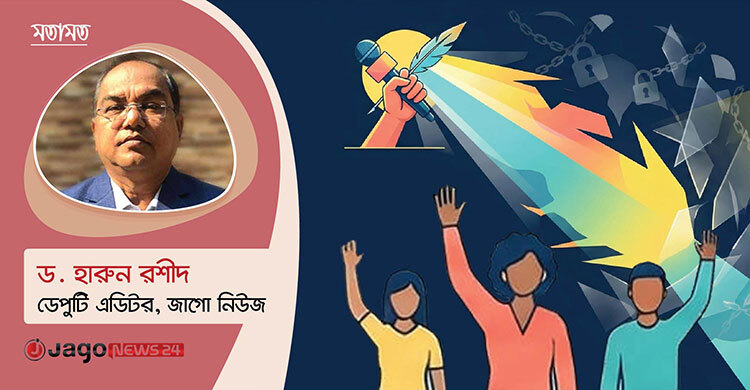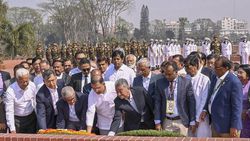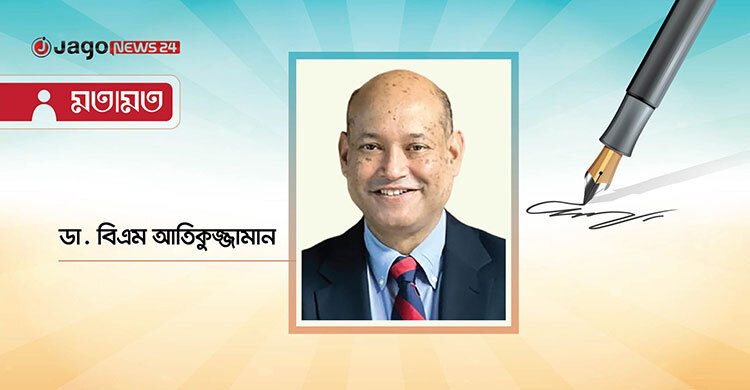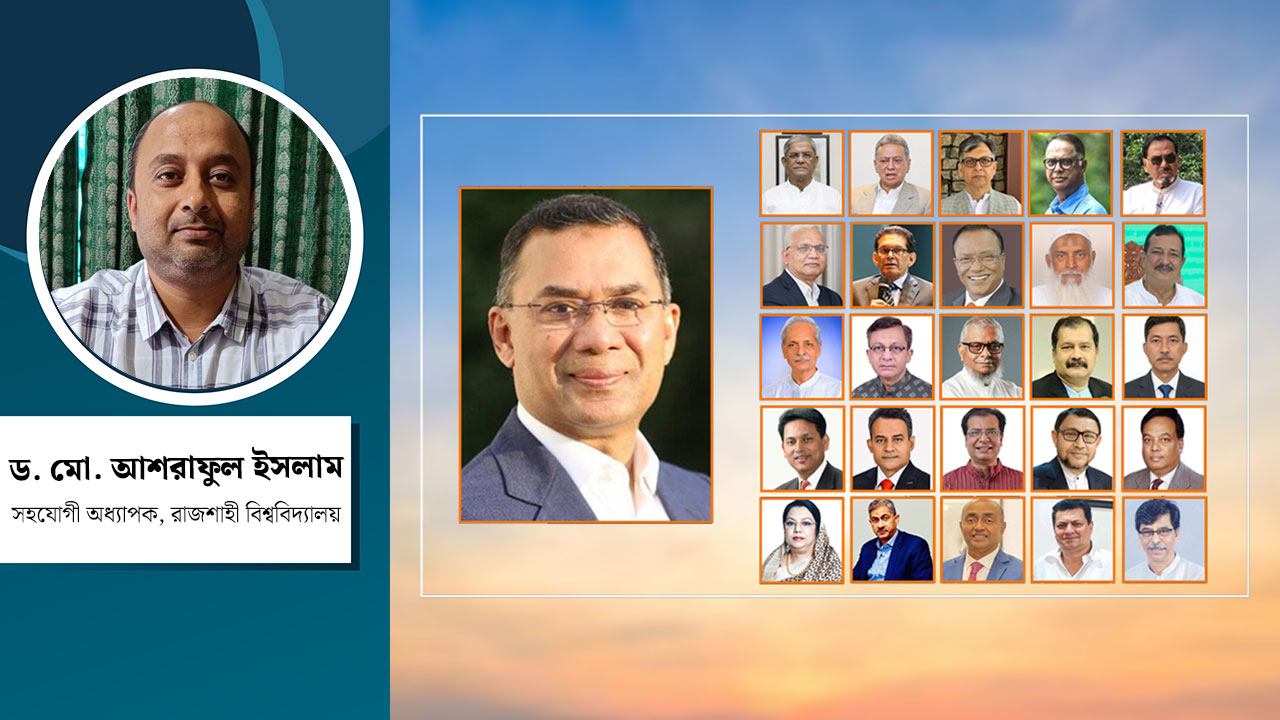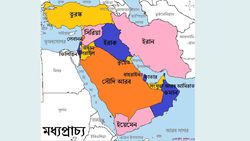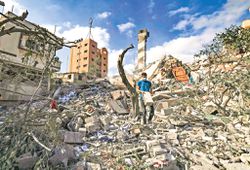
Your land is my land: Environmental injustice in Bandarban
Land is the closest thing that we know. We cultivate it, build on it, transform it to meet our needs, commercialise it to maximise economic gain, and derive our identities from its widely varying geographic characters. We try to own as much land as possible because it enables us to exert power.
The banality of land's ubiquity could also mislead us to believe that it is apolitical. It is not. The entire human history could be viewed as a multifaceted narrative of negotiations and conflicts between peoples, nations, societies, groups, and tribes because of their competing claims on land. In Discourse on Inequality (1755), Jean-Jacques Rousseau argued that humans could have avoided "crimes, wars, murders… miseries and horrors" if they remembered how "the fruits of the earth belong to all and the earth to no one!" Rousseau's enlightened view of the earth, belonging to "all," was utopian. The dominant tribe has always proclaimed, this land is my land. The earth never belonged to all.

